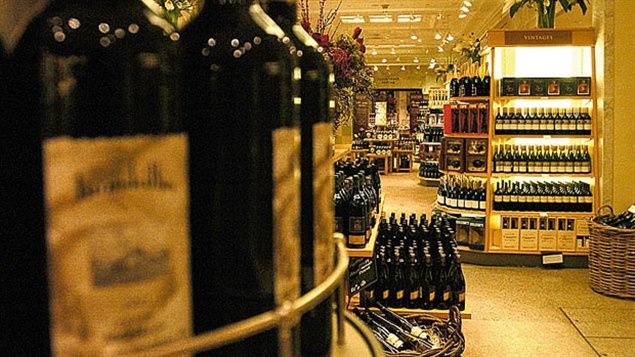A potential trade war is looming as a result of a US labelling law known as MCOOL or the “meat-country of origin labelling”.
The US law is hurting Canadian livestock ranchers to the tune of about $1 billion a year by adding costs to each head. In a typical year, Canada exports approximately 1.2 to 1.5 million head of live cattle and 310,000 tonnes of beef to the US
Mandatory Country-of-Origin Labelling (mCOOL) requires beef, pork and other meats sold in U.S. retail stores to be labelled with the country where the animal was born; requiring U.S. ranchers and meat packers to handle Canadian cattle separately from U.S. cattle.
Although Canada won a World Trade Organization ruling against MCOOL last year- the regulation changes and further appeals and arbitration could take months.
On November 4, Agriculture Minister Gerry’s Ritz’s warned that Canada had prepared a target list with an eye to putting pressure on the U.S. Congress to get rid of MCOOL.
Of the products that could be targetted for reprisals, US wine is high on the list.
Canada imports almost half a billion dollars worth of wines from the US and hefty tariffs could be added on, seriously affecting sales.
It’s also a tempting target because much of the wine comes from California, which has a large congressional delegation and so is influential in US decision making, especially so if they’re being hurt by economic reprisals.
Wine columnists note that wine is a “luxury” item, not a necessity, and a big increase in prices for US wines wouldn’t really hurt consumers.
They say an increase in costs of imported American wines may otherwise have the benefit of getting Canadian consumers to try other wines, and boost the already high sales of Canadian wines
However, Canadians could also be stung with higher prices due to new retaliatory tariffs on other US food imports.
The federal government’s potential hit-list includes such U.S. imports as; live cattle and hogs and meat products; cheese, fresh fruits; corn or maize, rice, prepared meals of spent fowl, chocolate products, pasta, some cereals, potato products, frozen orange juice, tomato ketchup and other tomato sauces.
Federal Agriculture Minister Ritz has given no specific date for retaliatory tariffs, noting only that the US Congress was re-writing a farm bill and had an opportunity to remove MCOOL.







For reasons beyond our control, and for an undetermined period of time, our comment section is now closed. However, our social networks remain open to your contributions.